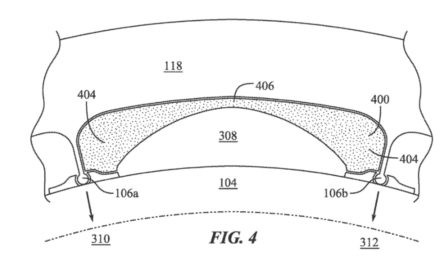It’s the lawsuit that won’t die: Apple has lost a bid to block a mass London lawsuit worth up to US$2 billion which accuses the tech giant of hiding defective batteries in millions of iPhones, reports Reuters.
The “Batterygate” lawsuit was brought by British consumer champion Justin Gutmann on behalf of around 24 million iPhone users in the United Kingdom. Gutmann is seeking damages from Apple on their behalf of up to 1.6 billion pounds ($1.9 billion) plus interest, with the claim’s midpoint range being 853 million pounds.
Lawyers representing Gutmann argue that “concealed issues with batteries in certain phone models and ‘surreptitiously’ installed a power management tool which limited performance.”
Gutmann argues that Apple’s decision to throttle the phones wasn’t disclosed to users at the time, and was introduced to disguise the fact that older iPhone batteries were unable to cope with the new demands placed on them. Rather than introduce a battery recall or replacement program, or admit that the latest software update was unsuitable for older devices, Apple pushed users to install the update knowing it would worsen their devices’ performance, he says.
In its written response, Apple argued that this lawsuit is “baseless” and said that most iPhone batteries were not defective. The company did, however, acknowledge that a “small number of iPhone 6s models” did have defective batteries, but those users were offered free battery replacements.
As for its decision to throttle performance based on battery health, Apple said that it “only reduced an iPhone 6’s performance by an average of 10%.
Around five years ago, there were over 60 lawsuits in the U.S. that alleged that Apple’s actions violated Consumer Protection Act legislation. In December 2017 Apple published an apology letter to customers in regards to “Batterygate” for slowing down older phones to compensate for erratic battery performance.
The tech giant paid $113 million to settle the legal brouhaha and offered $29 replacement batteries for those with an iPhone 6 or later. Apple also added more battery health information to iOS to let users know when the battery begins to compromise performance.
Article provided with permission from AppleWorld.Today




